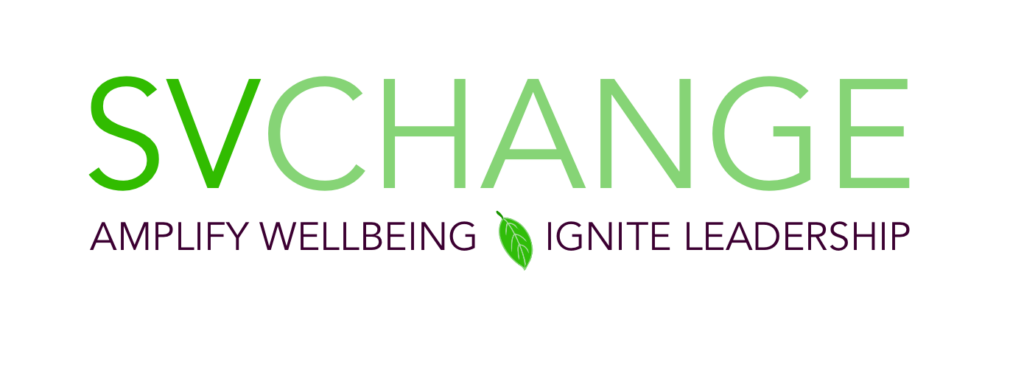Ep 026 with Sonya Looney

From mountain bike World Champion to pursuing a Master’s Degree in Applied Positive Psychology, Sonya Looney has honed her unwavering commitment to personal growth. But that hasn’t stopped perfectionism from creeping in from time to time.
In this episode of What’s Possible, I had the pleasure of diving deep into a thought-provoking conversation with Sonya about the complexities of perfectionism and its impact on our well-being. As a fellow student in the Master’s in Applied Positive Psychology program at Penn, Sonya brings a wealth of insights from her multifaceted journey as a professional athlete, mental performance coach, and positive psychology expert.
Through her capstone research on interventions for perfectionism, Sonya sheds light on the pervasive influence of societal pressures and the urgent need for self-awareness and self-compassion.
The Perfectionism Paradox
During our time together in the MAPP graduate program studying positive psychology, we didn’t often get a chance to just have a fun conversation as friends. I was so grateful to have this opportunity to connect with Sonya – I could always tell Sonya had so many interesting life experiences and accomplishments to share that would inspire others.
Our conversation delves into the intricacies of managing self-oriented thoughts and cultivating a growth mindset. Sonya shares invaluable strategies for pushing beyond socially prescribed perfectionism, emphasizing the importance of setting boundaries, prioritizing self-care, and fostering supportive relationships to counteract the damaging effects of perfectionism.
As we explore the transformative power of authenticity and meaningful connections, Sonya offers profound insights gleaned from her own journey of prioritizing flexibility and fulfillment over conventional success. Her willingness to embrace vulnerability and navigate life’s transitions with grace underscores the importance of embracing change and finding community support along the way.

Actionable Tips to Navigate Perfectionism
By incorporating these actionable tips into your daily life, you can take proactive steps toward increasing your self-acceptance and overall success.
Practice Self-Compassion: Treat yourself with kindness and understanding, especially when facing setbacks or challenges. Cultivate a compassionate inner dialogue that acknowledges your efforts and progress.
Set Boundaries: Establish healthy boundaries in your personal and professional life to protect your well-being and prioritize self-care. Learn to say no to commitments or situations that drain your energy or contribute to perfectionistic tendencies.
Challenge Self-Oriented Thoughts: Become aware of self-critical thoughts and challenge them with evidence-based reasoning. Reframe negative self-talk into more balanced and realistic perspectives that acknowledge your strengths and achievements.
Cultivate Supportive Relationships: Surround yourself with people who uplift and support you unconditionally. Foster meaningful connections with friends, family, or mentors who provide empathy, encouragement, and constructive feedback.
Practice Mindfulness: Engage in mindfulness practices such as meditation, deep breathing exercises, or mindful movement to cultivate present-moment awareness and reduce stress. Ground yourself in the here and now, letting go of perfectionist tendencies and embracing imperfection.
Focus on Process, Not Perfection: Shift your focus from achieving perfect outcomes to enjoying the process of growth and learning. Embrace the journey of self-discovery and celebrate progress, no matter how small, along the way.
Set Realistic Goals: Set achievable goals that align with your values and priorities. Break larger goals into smaller, manageable tasks, allowing yourself to make gradual progress without feeling overwhelmed by perfectionistic expectations.
Practice Gratitude: Cultivate a daily gratitude practice by reflecting on moments of joy, appreciation, and resilience. Keep a gratitude journal or simply take a few moments each day to express gratitude for the blessings in your life.
Seek Professional Support: Don’t hesitate to seek support from a therapist, counselor, or coach if perfectionism is significantly impacting your well-being. Professional guidance can provide valuable tools and strategies for managing perfectionistic tendencies and promoting emotional resilience.
Embrace Imperfection: Embrace the beauty of imperfection and recognize that mistakes and failures are an inevitable part of the human experience. Embrace the lessons learned from setbacks and use them as opportunities for growth and self-discovery.
Embracing Self-Acceptance
Together, we challenge listeners to confront their perfectionist tendencies and embrace the transformative power of self-acceptance and authenticity. By reflecting on past accomplishments, fostering gratitude, and cultivating self-worth, we offer actionable steps for overcoming perfectionism and cultivating a life filled with meaning, purpose, and genuine connection.
By confronting perfectionism with courage and compassion, we can unlock our true potential and embrace a life of fulfillment, well-being, and authentic self-expression.
Want to have a deeper conversation about how to implement these steps? Send me a message, I’d love to hear from you!










